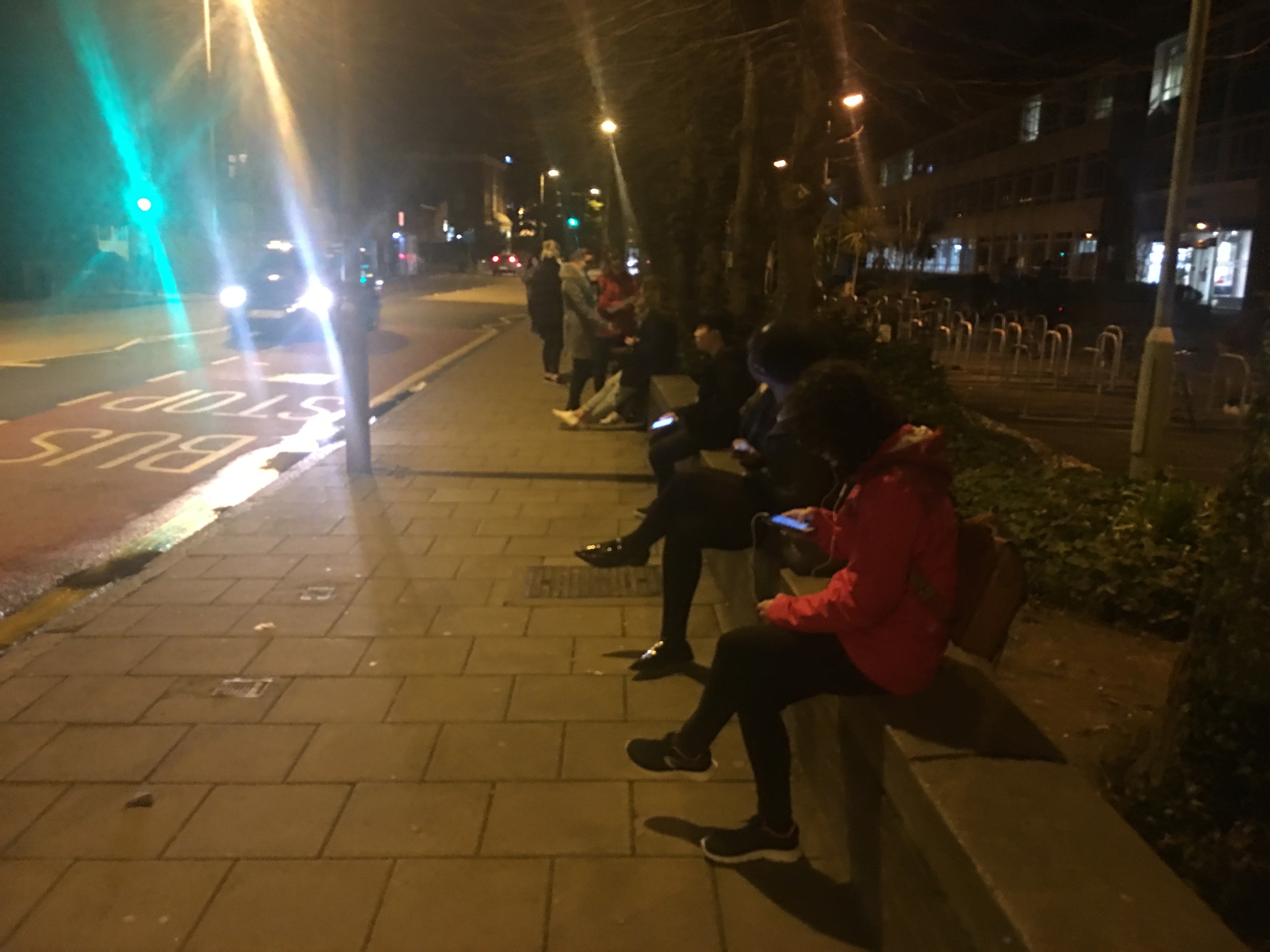Young people are especially at risk of consuming fake news because of their dependence on social media.
A report by the Reuters Institute for the Study of Journalism found 28 per cent of 18-to-24-year olds rely on social media as their main news source, compared to 17 percent of 25 to 34-year-olds. The figure drops further with age, to eight percent for 45 to 54-year-olds.
The 2016 report, which is based on a survey of more than 50,000 people from 26 countries, including Britain, found that Facebook is the most important network for finding and sharing news.
Media experts say the volume of content people share on social sites makes it hard for people to distinguish between what is real and what is not.
Brian Whelan, deputy digital editor at Channel 4 News said: “At present no major distinction is made on social networks between a publisher with a hundred years of history and one that is run out of a garage in Luton.
“We are all competing for a share of the same audience and people can be overwhelmed with the volume of content shared. This doesn’t leave a great deal of time for people to verify which sources are legitimate and which are pushing biased or “fake” news.”
Social networks under pressure
Young people say social media sites are accessible and easy to use. Many also question the reliability of mainstream news channels.
“I use Instagram to get my news, it is easy and I find things that are relevant to me,” Kingston University psychology student Savannah Eduvie said. “You cannot trust other mainstream media too. They also spread fake news so there is no one to trust these days.”
Social media platforms are increasingly under pressure to take responsibility for the news they share. Facebook – which was accused during the US election campaign of facilitating the spread of fake news stories that influenced the vote – announced a new programme in December last year “to establish stronger ties between Facebook and the news industry”.
Fidji Simo, the site’s director of product said: “We will be collaborating with news organisations to develop products, learning from journalists about ways we can be a better partner, and working with publishers and educators on how we can equip people with the knowledge they need to be informed readers in the digital age.”
Facebook founder Mark Zuckerberg said in November that Facebook would try to reduce the spread of fake news, without positioning itself as an arbiter of truth. “We don’t want any hoaxes on Facebook. Our goal is to show people the content they will find most meaningful, and people want accurate news,” he posted.
“We have already launched work enabling our community to flag hoaxes and fake news, and there is more we can do here. We have made progress, and we will continue to work on this to improve further.”
Need for vigilance
With the advancement of technology and the rise of citizen journalism, analysts say it is difficult to completely stop the spread of misinformation, but people can reduce their exposure by becoming more vigilant.
“As we are in the midst of a rapid shift in how news is delivered there are many issues that clearly need to be resolved and the public have to become more vigilant about what they share online. Algorithms that reward engagement and highly emotive sharing can see vital investigative work or journalism that holds the powerful to account lost in the noise,” Whelan said.
The commons’ culture, media and sports committee launched an inquiry on fake news in January, which may see big social media bosses questioned on whether they are doing enough to prevent what the committees’ chair termed as a “threat to democracy”.
Damian Collins MP, chair of the committee, said: “The growing phenomenon of fake news is a threat to democracy and undermines confidence in the media in general.”
“Just as major tech companies have accepted they have a social responsibility to combat piracy online and the illegal sharing of content, they also need to help address the spreading of fake news on social media platforms.”





